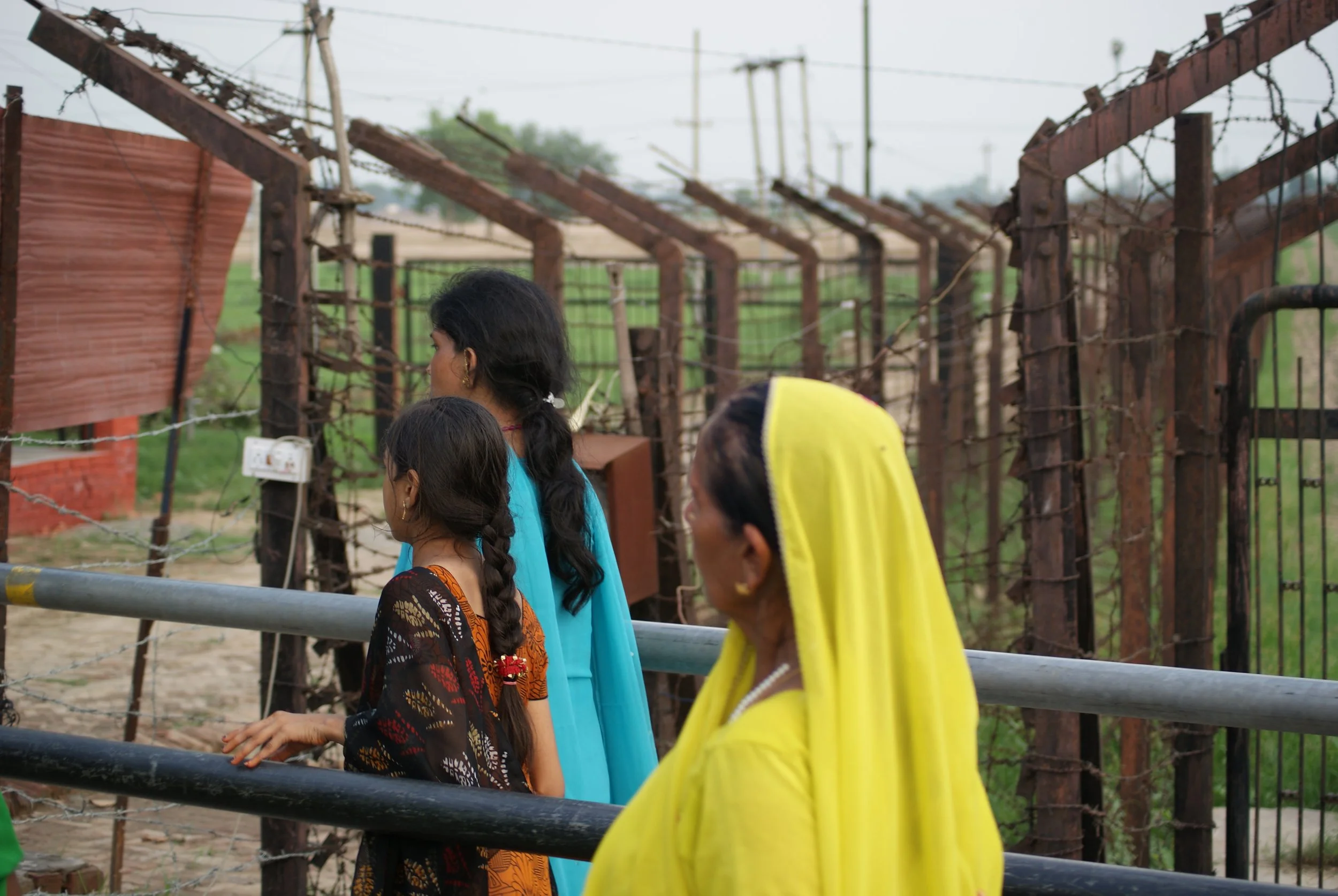With state of emergency set to end at the end of January and the military junta pledging to hold general elections by August 2023, 9DASHLINE asks experts what we should expect from the upcoming elections in Myanmar and whether there is any prospect for peace in the country.
Read MoreWritten by Asad Ejaz Butt
While Pakistan does not have any alternate short-term options other than returning to the IMF, it can consider structural reforms, like targeted subsidies and rationalisation of current expenditure through fiscal prudence and better management of state resources.
Read MoreWritten by Deep Pal
For locals as well as security agencies, the current ceasefire, without resolving underlying issues, is temporary at best. This is evident in the fact that in over 18 months without CFVs, permanent security structures along the border have not been dismantled.
Read MoreWritten by Marina Rudyak
Precisely because China is the world’s largest bilateral creditor, and many of its borrowers face the risk of excessive debt, it matters to get things right in the analysis of lender-borrower relations.
Read MoreWritten by Apoorva Jain
South Asia is increasingly facing threats from natural, technological, and complex disasters. Meanwhile, coordination failure is turning natural disasters into catastrophes. Disaster aid and relief can be an effective diplomatic tool in the region.
Read MoreWritten by Manali Kumar
South Asian countries would do well to finally set aside their mutual animosities and start developing transnational and regional mechanisms to adapt to climate change and recover from disasters.
Read MoreWritten by Nathasha Fernando
Wickremesinghe is therefore in a clear dilemma as he is not only expected to negotiate with the International Monetary Fund for a sovereign debt bailout, debt restructuring, and economic recovery plan but to also appease Sri Lanka’s minorities and their broader calls for accountability.
Read MoreWritten by Furqan Khan
Targeting and punishing dissenting voices threatens to define Pakistan’s political culture. However, repressing dissenting voices is a self-inflicted wound.
Read MoreWritten by Ayesha Siddiqa
Pakistan has just turned 75, but there is little hope in people’s hearts for a transformation from a decades-old military dominated power to a country under greater civilian control.
Read MoreWritten by Isha Gupta
Sri Lanka’s new government should focus less on restoring its previous ‘stability’ and do everything in its power to build a new governance system to prevent future policy failures and reflect the protestors’ demands.
Read MoreWritten by Subimal Bhattacharjee
While the government understands the centrality of cyber security within its national security strategy, India’s cyber vulnerabilities make it imperative to announce an updated national Cyber Security Policy sooner rather than later.
Read MoreWritten by Asanga Abeyagoonasekera
While internal political maturity is required to emerge from the political-economic crisis with objective policy measures, Sri Lanka needs immediate regional and extra-regional assistance to help the country stabilise through the existing political model or through democratic elections in the coming months.
Read MoreWritten by Rudabeh Shahid and Sirazoom Munira
For the realisation of the Paris climate goals, it is imperative for Bangladesh to explore the possibilities of new pathways to achieve national targets.
Read MoreWritten by Akanksha Narain
At a time like this, India’s back and forth on its wheat export diplomacy has a magnified impact on global food security as well as its own international standing.
Read MoreWritten by Neha Gupta and Guido Cozzi
It is often observed that the dismal performance of a country on socio-economic-political indicators is indicative of the value extracting role of elites in that country and vice versa for the value contributing elites.
Read MoreWritten by Anuttama Banerji
India has the opportunity to reassess its priorities and shift from being a fuel-dependent economy to a greener one, reducing its dependence on autocratic states.
Read MoreWritten by Ambika Satkunanathan
The determination of the Rajapaksas to stay in power seems partly due to their inability to comprehend protestors’ demands for accountability or to internalise their descent from god-like status to memes and jokes.
Read More
















